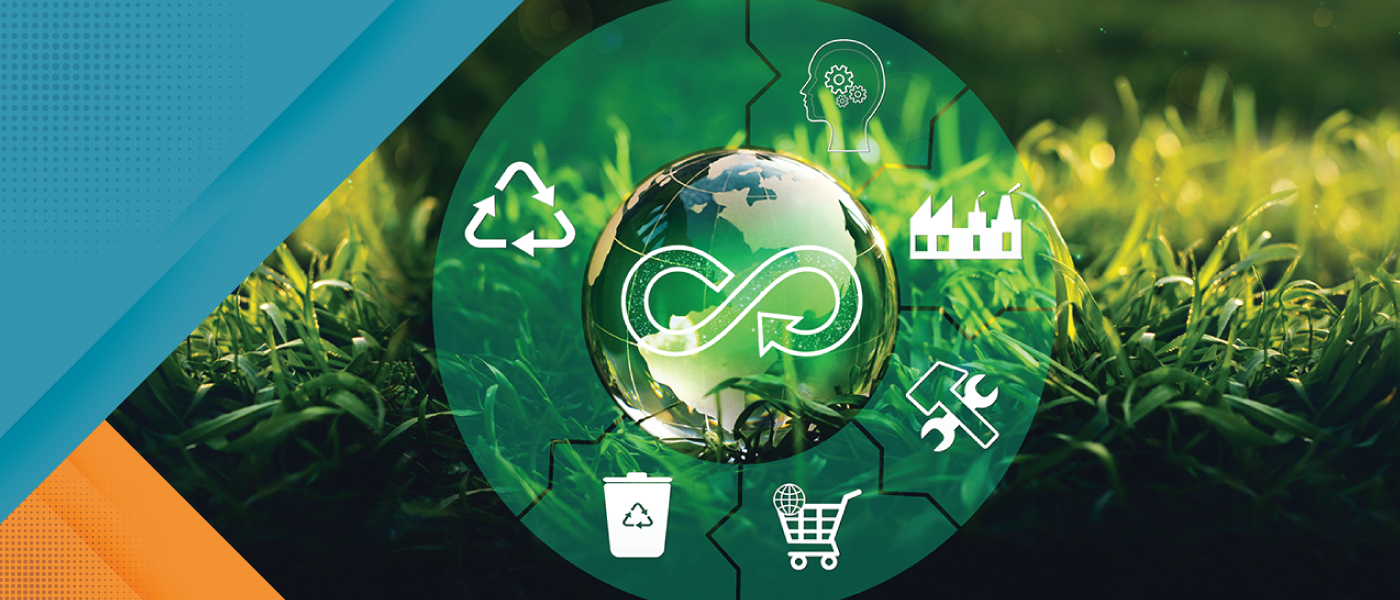


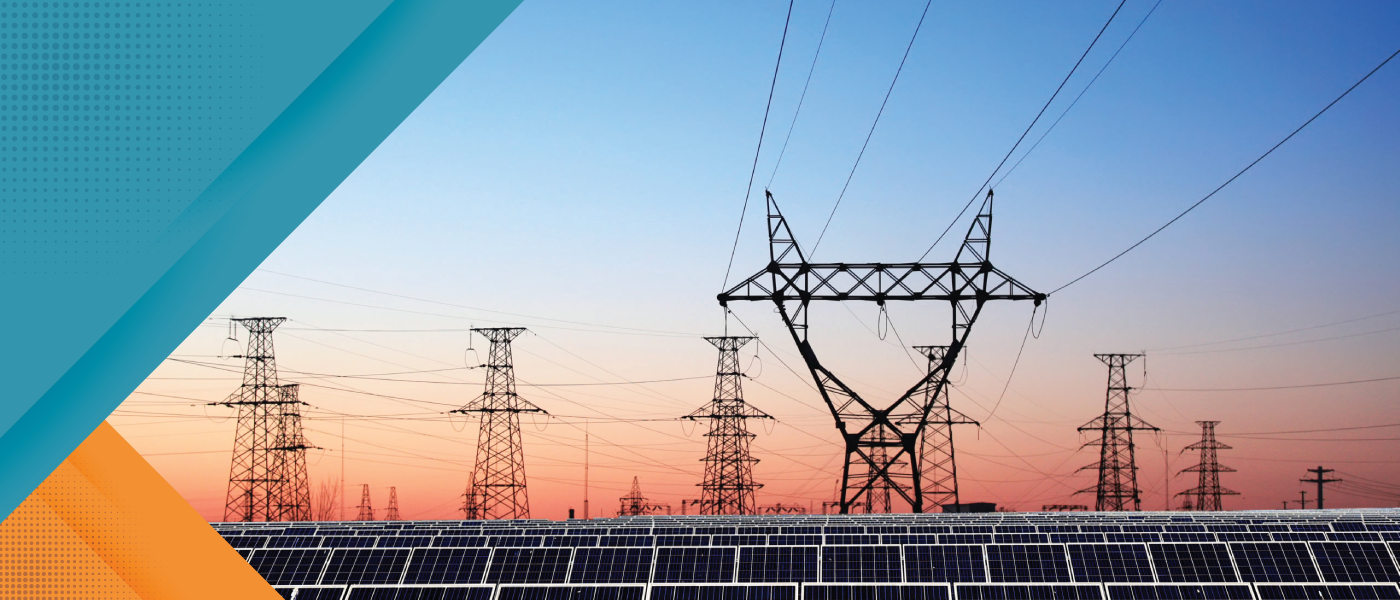
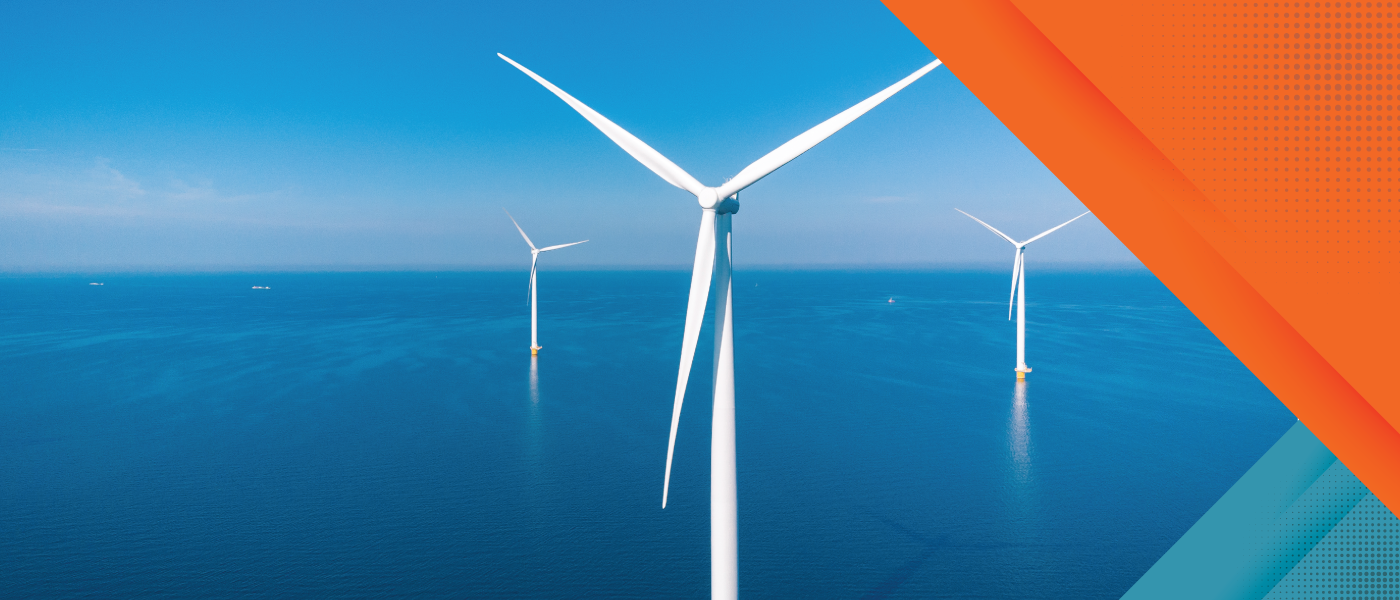
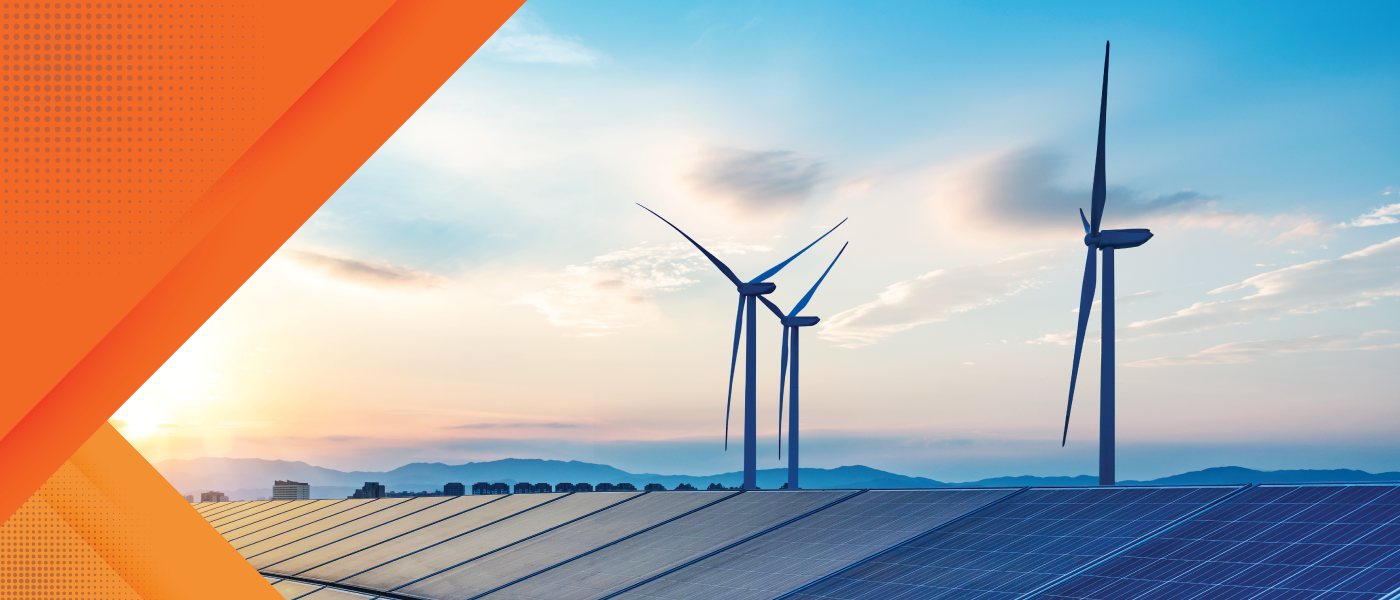
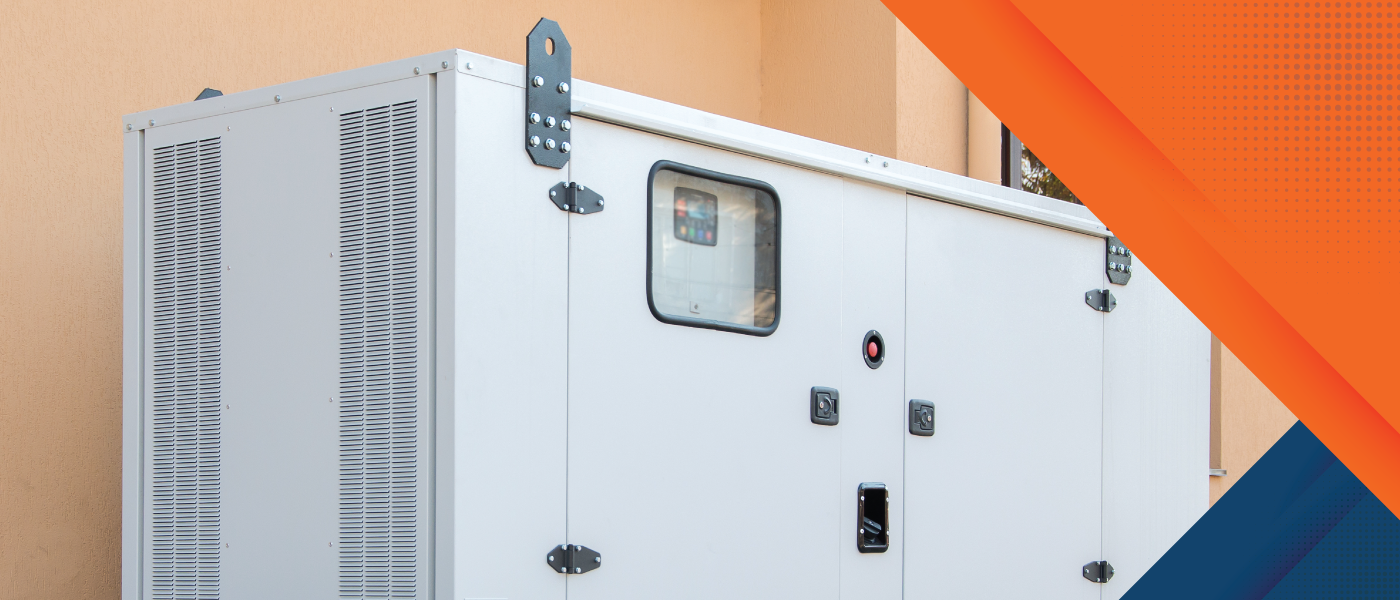
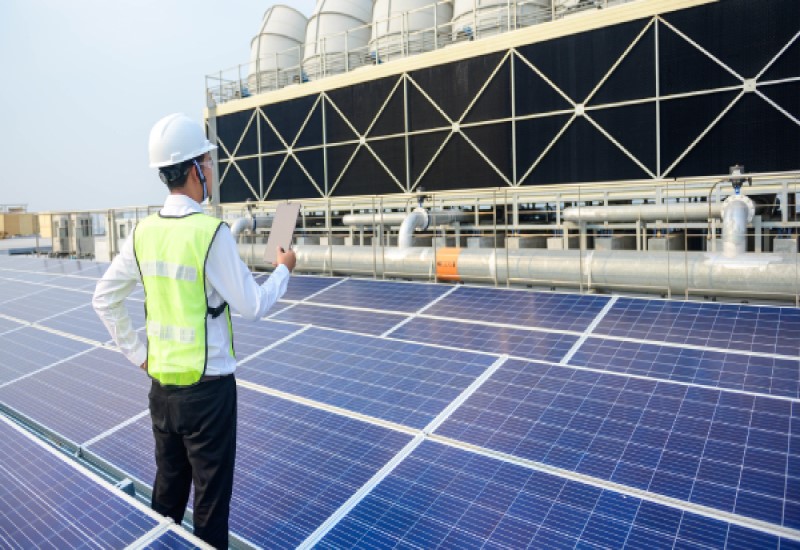
Which factors impact prime movers like gas engines, CCGT, steam turbines, fuel cells, and more? What is the regional annual installed base and revenue? Take an in-depth look into application types like residential, commercial & institutional, industrial, utility, and more.
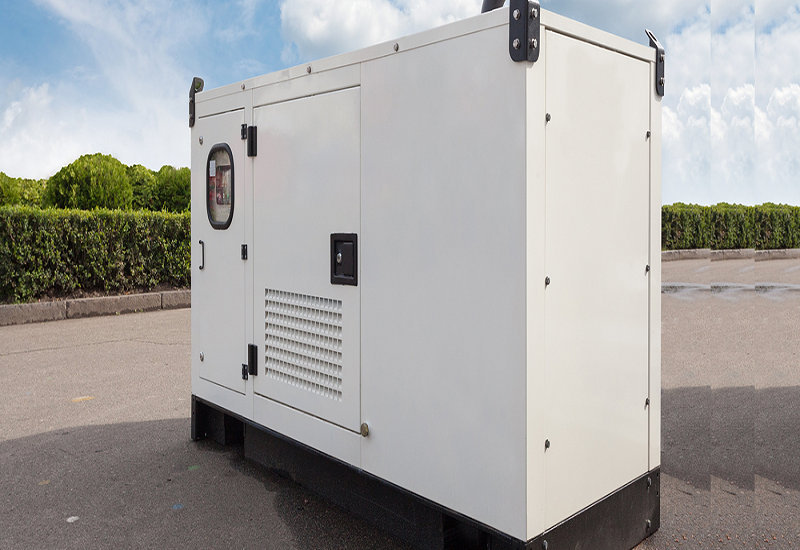
How are factors like the energy crisis, frequent load-shedding, and national T&D network conditions impacting this sector? Which standby applications are driving needs? Examine how distributors can overcome challenges through innovative customer services.

Which key technology innovations, business models, value propositions, and service offerings drive growth? Why are collaborations and partnerships crucial in this space? How are the commoditization of FM services and organic growth challenges influencing this sector?
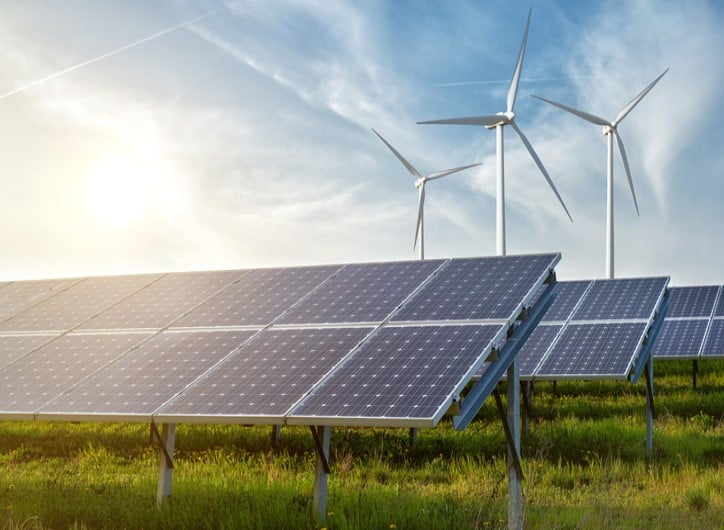
How can global decarbonization goals be met? See how renewables are changing the game and optimizing solutions.
What’s decarbonization, and why is it important? Decarbonization refers to the steady reduction of carbon dioxide (CO2) emissions and, eventually, its elimination. The deployment of decarbonization technology aids emission-intensive industries in minimizing carbon emissions and meeting net-zero emissions protocols in the long term. To cut down carbon emissions and combat climate change, governments across the globe are counting on the five pillars of decarbonization: the rise of renewables, hydrogen economy, direct electrification and renewable heat, carbon capture utilization and storage (CCUS), and energy efficiency. Their implementation can be a potential game-changer to enable stakeholders to achieve carbon neutrality globally.
Schedule a dialog or email us at myfrost@frost.com to connect with an industry expert at no charge. We are taking unprecedented action to make our team available to help you cut through the media and politics to get factual one-to-one guidance for the issues and opportunities that matter most to your business.

Explore various MR/MRL passenger and service systems in major regions like Malaysia
Read more Request Info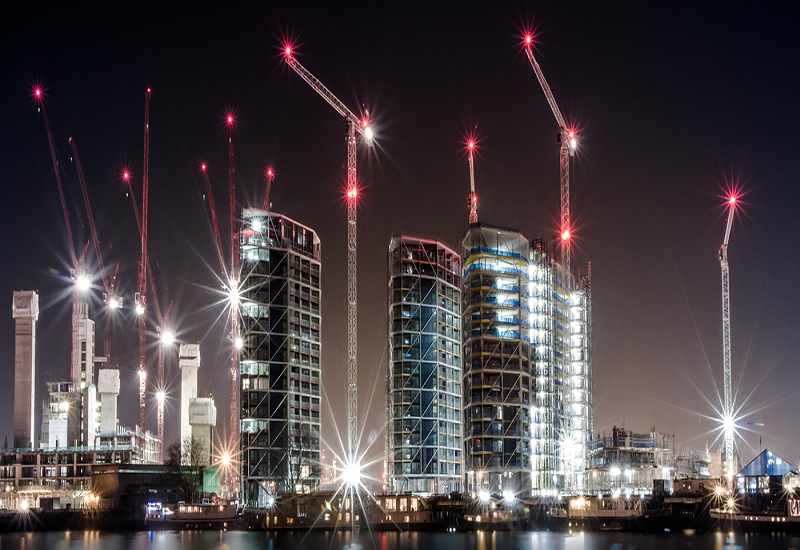
Identify solutions enabling circularity in construction along the entire lifecycle on three levels
Read more Request Info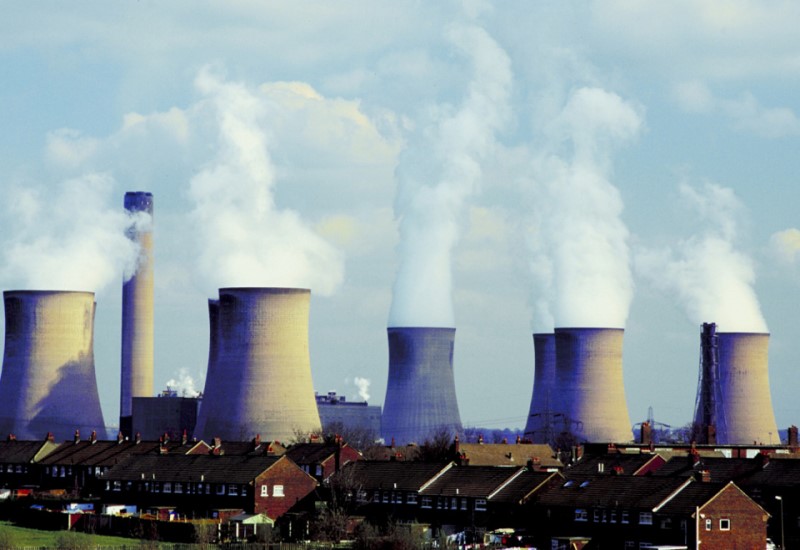
How are closed-loop extraction techniques minimizing the environmental impact?
Read more Request Info
Who are the key participants in this space, and what are the major growth prospects?
Read more Request Info
Examine the top end-user segments like institutional, government, and commercial
Read more Request Info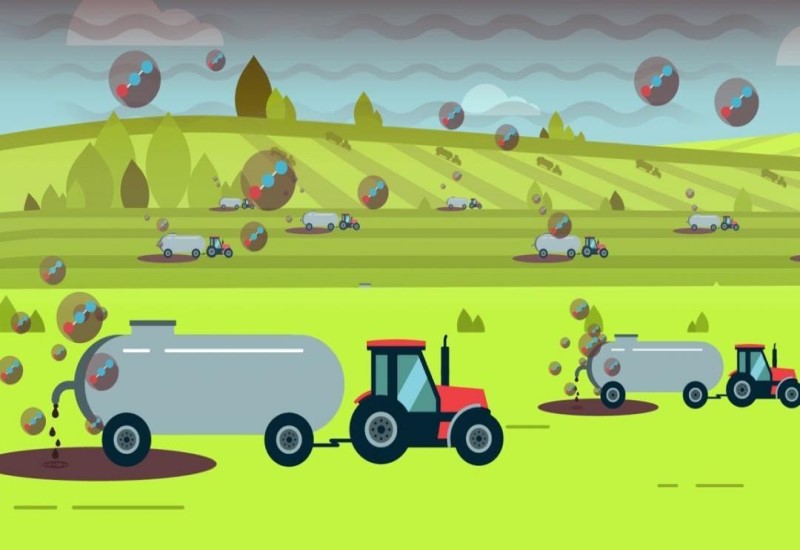
Who are the key providers of turnkey solutions and AD technology/equipment in Europe?
Read more Request Info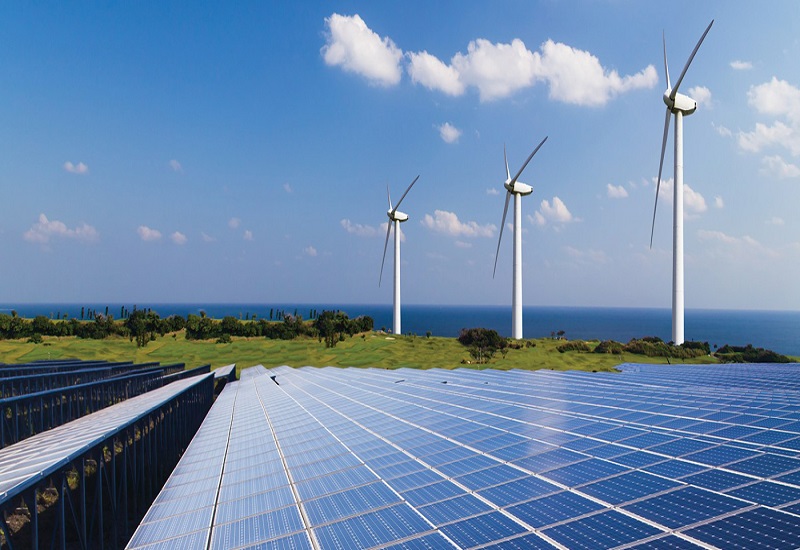
What roles will renewables, hydrogen and other factors play in regional transitions?
Read more Request Info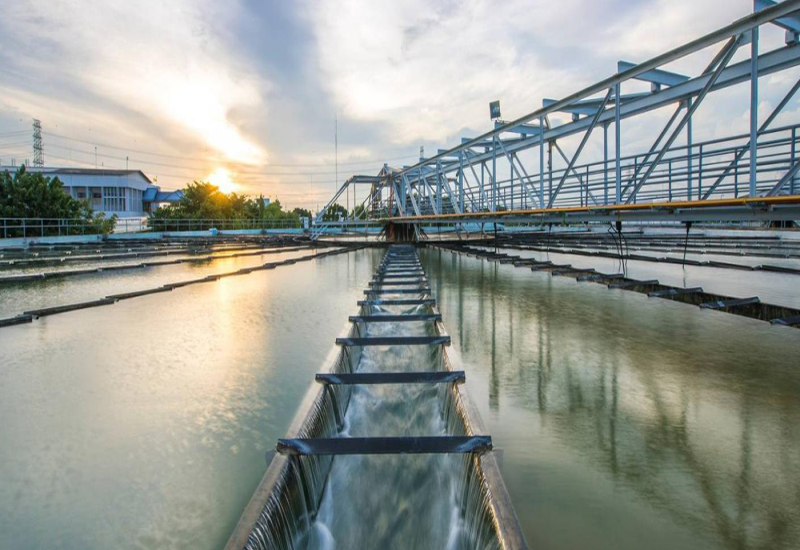
What is the size of ICT expenditure and year-on-year growth in the W&WW landscape?
Read more Request InfoCarbon black is widely used in a variety of manufacturing processes worldwide. This market is expected to grow to USD$26.40 billion by 2030, driven by rising demand from industries and corporate sustainability agendas and targets (including limited consumption of raw materials and decarbonization). Carbon black is a form of elemental carbon used primarily as a pigment and reinforcement in tires and other automotive parts. However, most production methods don’t incorporate material recycling or resource efficiency and emit high amounts of carbon dioxide and other greenhouse gases.
Read more
The world is heading toward acute water scarcity in the coming years, and we’re far from ready to tackle it. Today’s governments face significant challenges in water purification for burgeoning urban populations and water generation for marginalized communities. New technological innovations are the way forward to solve these challenges.
Read more
Smart cities have long been perceived as the infrastructural moat against urban population explosion and mass displacement. But as things stand today, they have a long way to go to become the solution we already think they are. The lack of community integration, industry convergence, and siloed innovations have slowed development and are solvable only through more stakeholder outreach and better data management, as well as the synergy between IoT and people’s needs.
Read more
The agricultural industry’s ongoing changes—rapid climate change and biodiversity loss—have created a lucrative growth opportunity for agrochemical technology developers. According to Frost & Sullivan’s recent report on the sustainable agrochemicals crop protection market, the need to protect crops and reduce agricultural-related emissions encourages technology developers to create solutions that allow farmers to sustainably increase agricultural productivity. Furthermore, government strategies, such as proposing a 50% reduction in fertilizer losses and a 20% reduction in fertilizer consumption by 2030, are expected to drive innovation in the sustainable agrochemicals market.
According to Frost & Sullivan’s recent analysis, Global Modular Construction (MC) Growth Opportunities, a shift in awareness toward the use of modular buildings because of the COVID-19 pandemic has unlocked growth opportunities in the MC market globally. Prefabricated or off-site constructed building units, such as walls, floors, rooms, and frames, are associated with the industry. In response to socioeconomic trends such as the labor shortage, sustainability, and customer demand, MC aims to address the post-pandemic era’s call for more efficient construction methods. As a result, the global MC market is expected to grow at a compound annual growth rate (CAGR) of 5.5% to $142.06 billion by 2028, up from $103.09 billion in 2022.
Frost & Sullivan recently assessed the water technology industry and, based on its findings, recognizes Evoqua Water Technologies with the 2022 Global Company of the Year Award. The company is a leading provider of mission-critical water and wastewater treatment solutions that support its customers’ complete water lifecycle needs. It leverages more than 100 years of continual innovation, an ever-expanding solutions portfolio, and market-leading industry expertise to deliver high-quality, reliable, and resilient water and wastewater solutions to municipal, industrial, and recreational customers worldwide. Evoqua treats approximately 100 billion gallons of water per day across more than 200,000 installations, serving more than 38,000 customers.
Read more